Are dogs the new children?
As birth rates decline across the West, pet ownership has soared, leading to an intriguing question: Are dogs becoming our new kids?
Amid dropping birth rates, pet ownership in France—and much of the West—is at an all-time high. More than ever, dogs are taking center stage in many households, treated increasingly like beloved family members—or even substitutes for children. Is this growing attachment to pets a direct response to declining fertility, or are there deeper social dynamics at play?

Pets over parenting: a growing trend
In 2023, veterinarian and media personality Hélène Gateau sparked a social media frenzy with her book Pourquoi j'ai choisi d'avoir un chien (et pas un enfant) ["Why I Chose a Dog (and Not a Child)"]. Gateau openly embraces her single life and deep bond with her Border Terrier, Colonel.
The book’s foreword, written by Sylvain Tesson, humorously compares canine parenting with raising human children, suggesting that caring for a dog is far less exhausting: "Dogs don't scream, don't become teenagers (that mysterious breed), don’t cry, and won’t hold your parenting methods against you 20 years later."
Indeed, pet ownership in France is thriving, with over 74 million pets now living in French homes (fish included). According to an OpinionWay survey, 79% of French pet owners see their cats or dogs as "pillars of their lives," while 57% buy them Christmas presents, and 49% even tuck them into bed at night. Among younger adults (18-24), those figures rise to 67% and 73%, respectively.
Simultaneously, voluntary childlessness is on the rise. About 30% of French women aged 18-49 now openly state that they don’t intend to have children, either now or in the future (Ifop, 2022).
"Double income, no kids… and a dog"
In the United States, this trend even has a name: "Double income, no kids, with a dog." Social media presents this lifestyle as a new version of the American dream. Gateau echoes this sentiment, noting the substantial financial difference: "The cost of raising a child can easily reach €250,000, while my dog's annual expenses are around €1,500. Clearly, my purchasing power is higher than that of my friends who have kids."
A nuanced relationship between pet ownership and declining birth rates
But is it fair—or accurate—to pit pets against parenthood? Professor Eniko Kubinyi, head of ethology at Budapest’s Eötvös Loránd University, explored this relationship in a recent study published in the prestigious journal Current Directions in Psychological Science.
According to Kubinyi, "Some studies indicate that dog owners do perceive motherhood more negatively, and mothers who have dogs find parenting more demanding—potentially reducing their desire to have more children. Dogs might even complicate romantic relationships in some instances. But this is only one side of the story."
Kubinyi also highlights positive aspects, like dogs serving as "training children," preparing owners for future parenthood. Additionally, owning a dog can enhance social interactions and strengthen community bonds.
Pets as a response to declining social support
Kubinyi argues that rather than directly causing fewer births, the increasing popularity of pets is symptomatic of broader social changes. "Birth rates aren’t falling because dog ownership is rising; rather, both phenomena reflect deeper transformations in our social relationships," she explains.
Humans evolved in cooperative caregiving communities, but modern societies have largely dismantled these support networks. Kubinyi points out that in Hungary, nearly 90% of adults spend less than an hour per week interacting with young children—a dramatic shift from our communal past.
In this context, dogs offer comfort, emotional support, and unconditional love—qualities increasingly scarce in modern life. "Dogs are now seen more as family members, which profoundly influences their evolution and breeding," Kubinyi says. "Breeds with short snouts and cute, baby-like features have become immensely popular, likely because they trigger our caregiving instincts—even though they often come with significant health problems. Ironically, these vulnerabilities deepen our attachment, reinforcing the bond."
Ultimately, dogs may not be directly replacing children. Instead, they're filling emotional gaps created by weakened social ties and changing cultural expectations about family and community.

.avif)
.avif)
















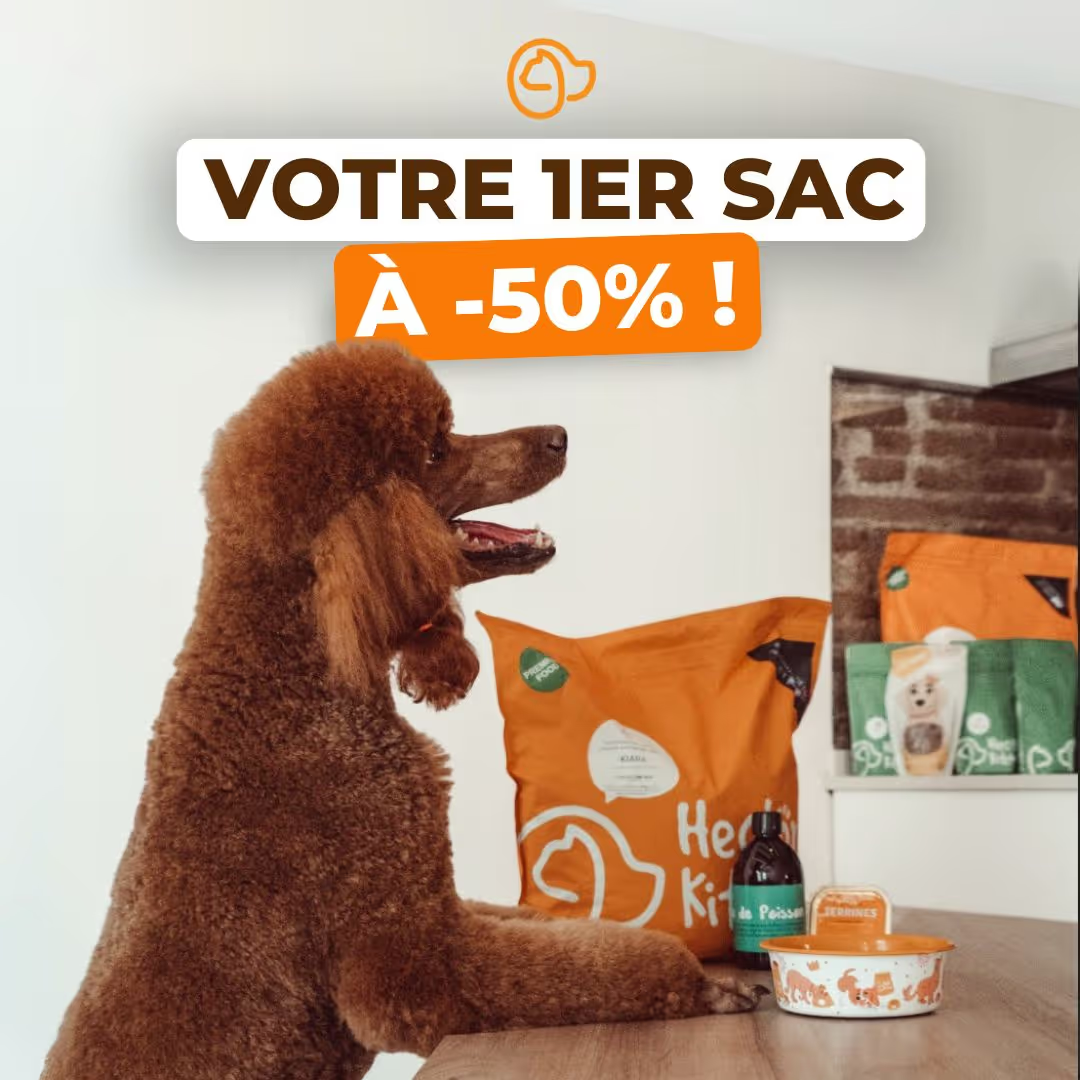
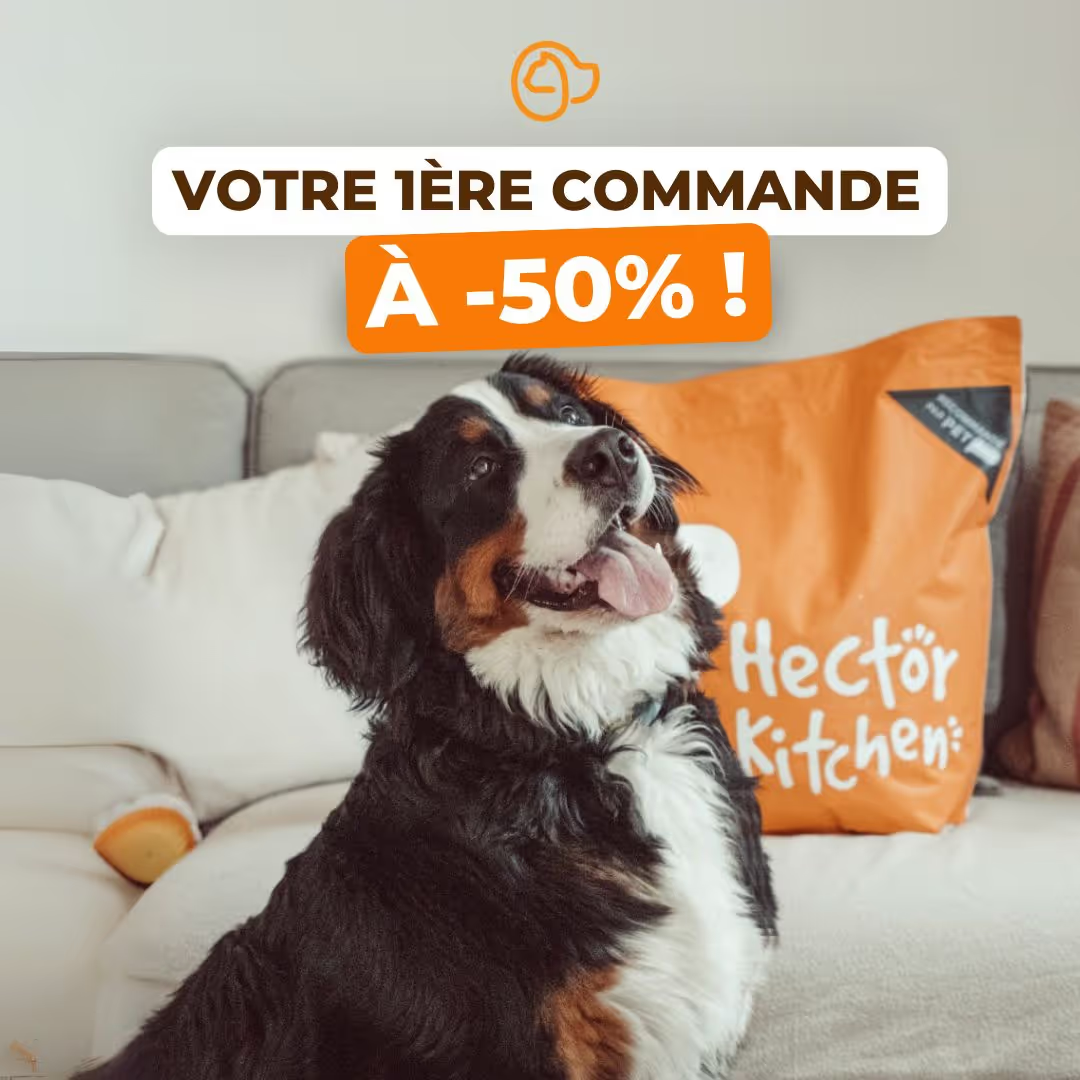
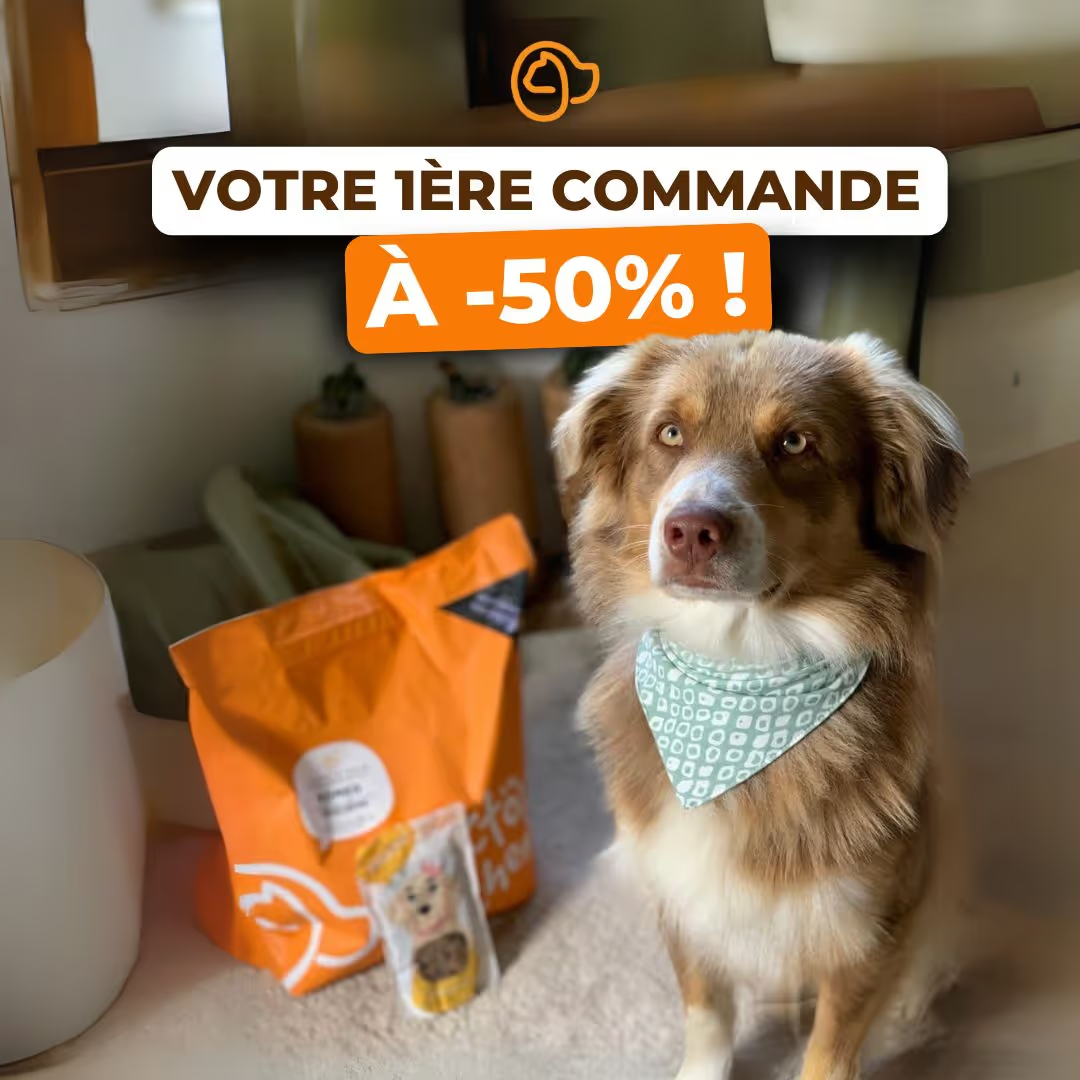
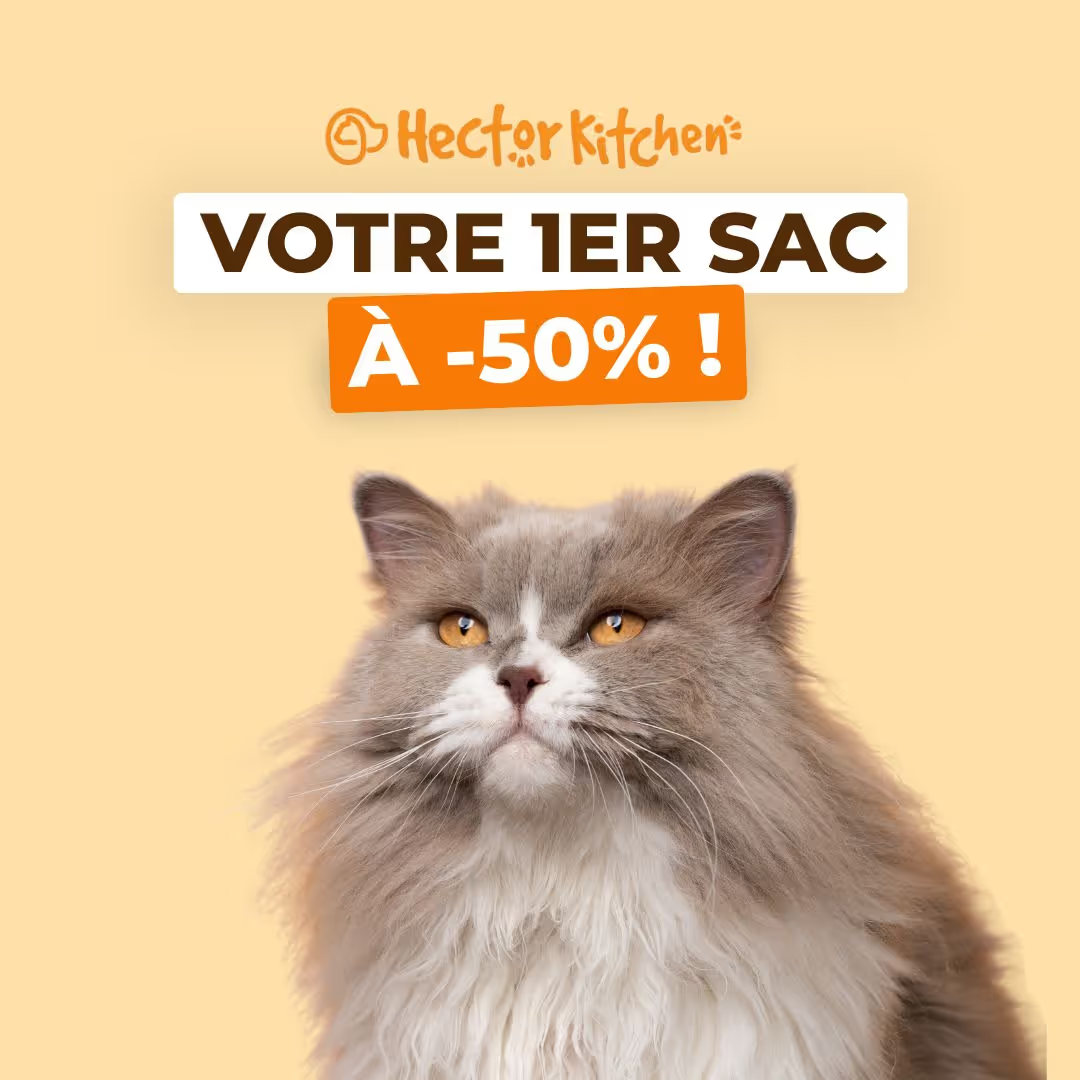
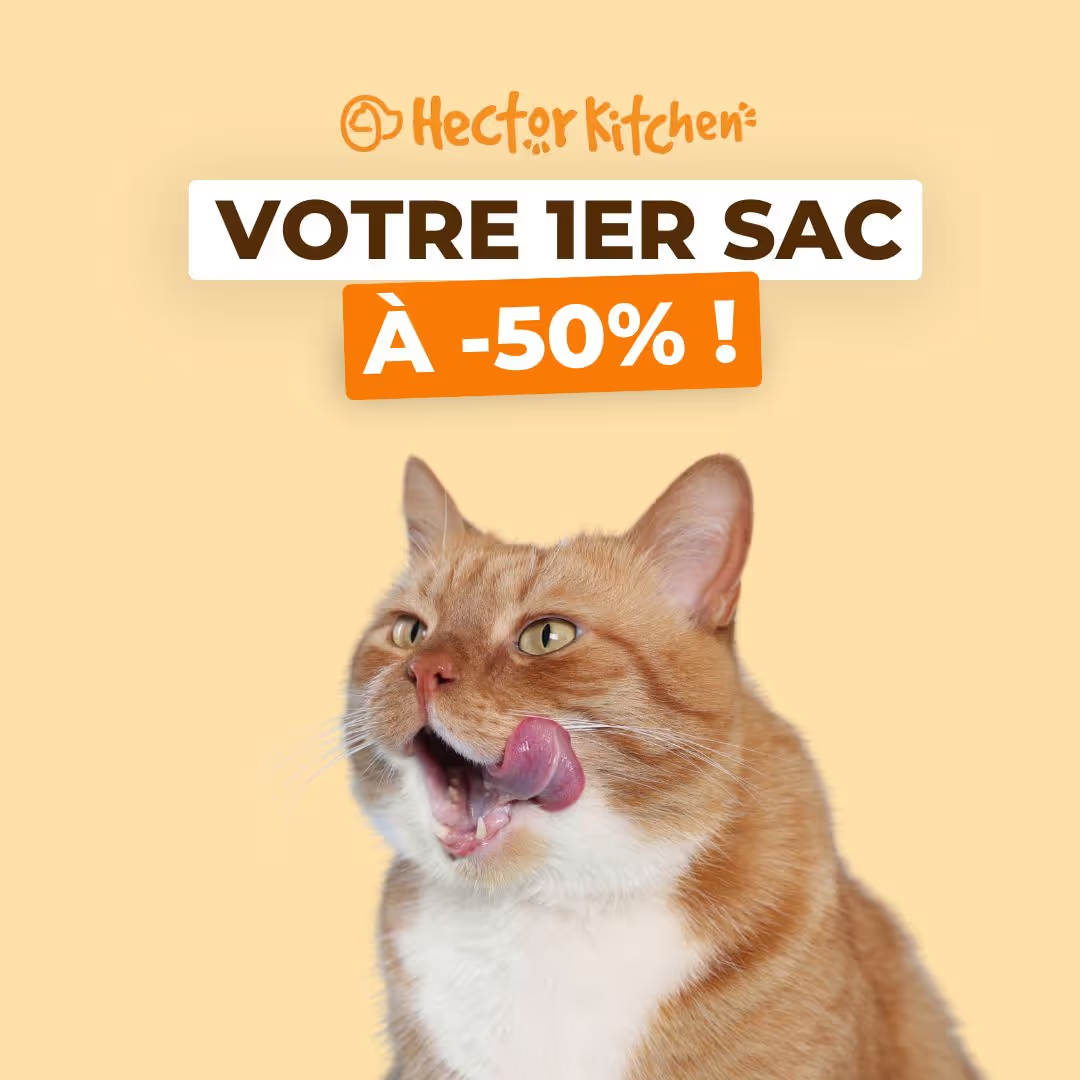
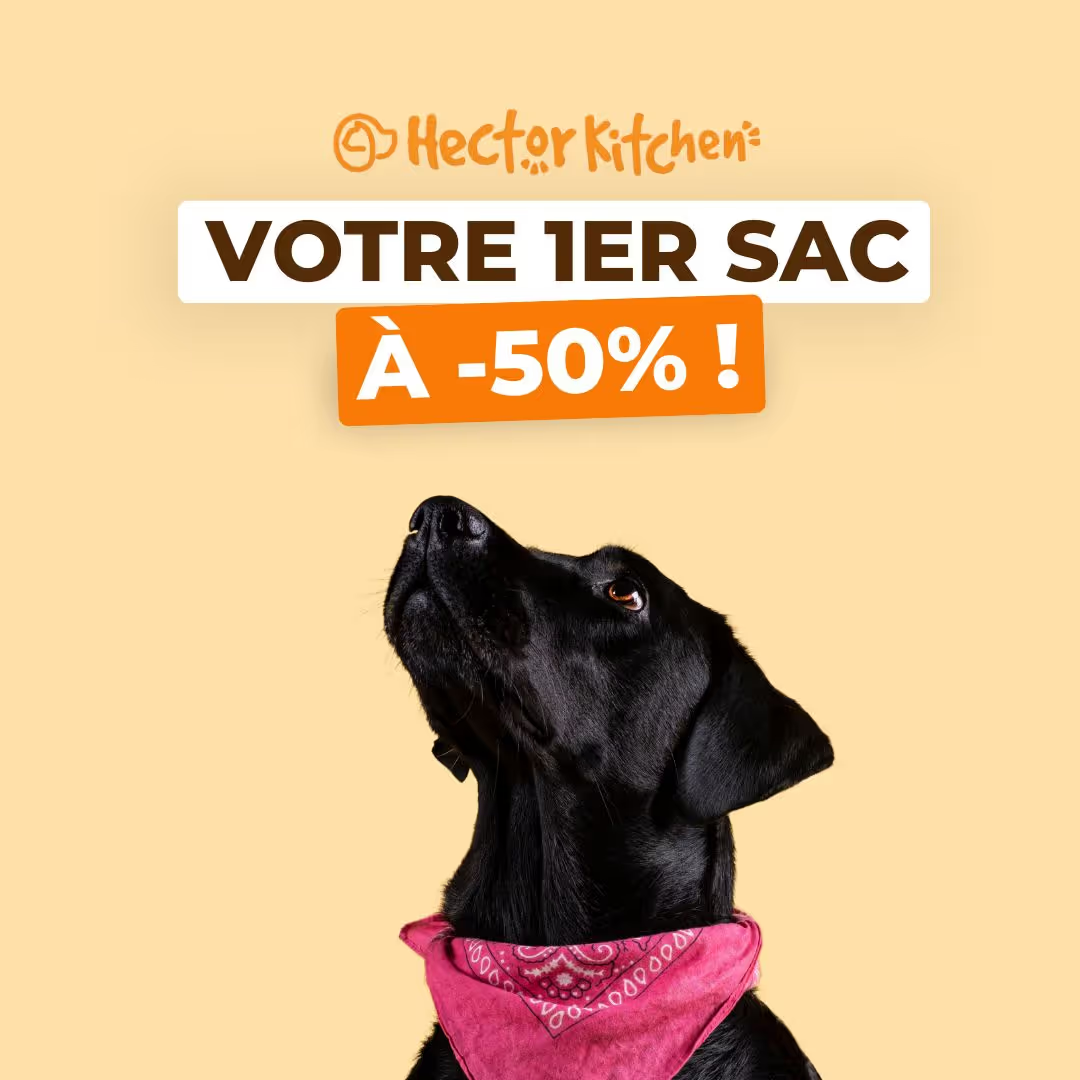
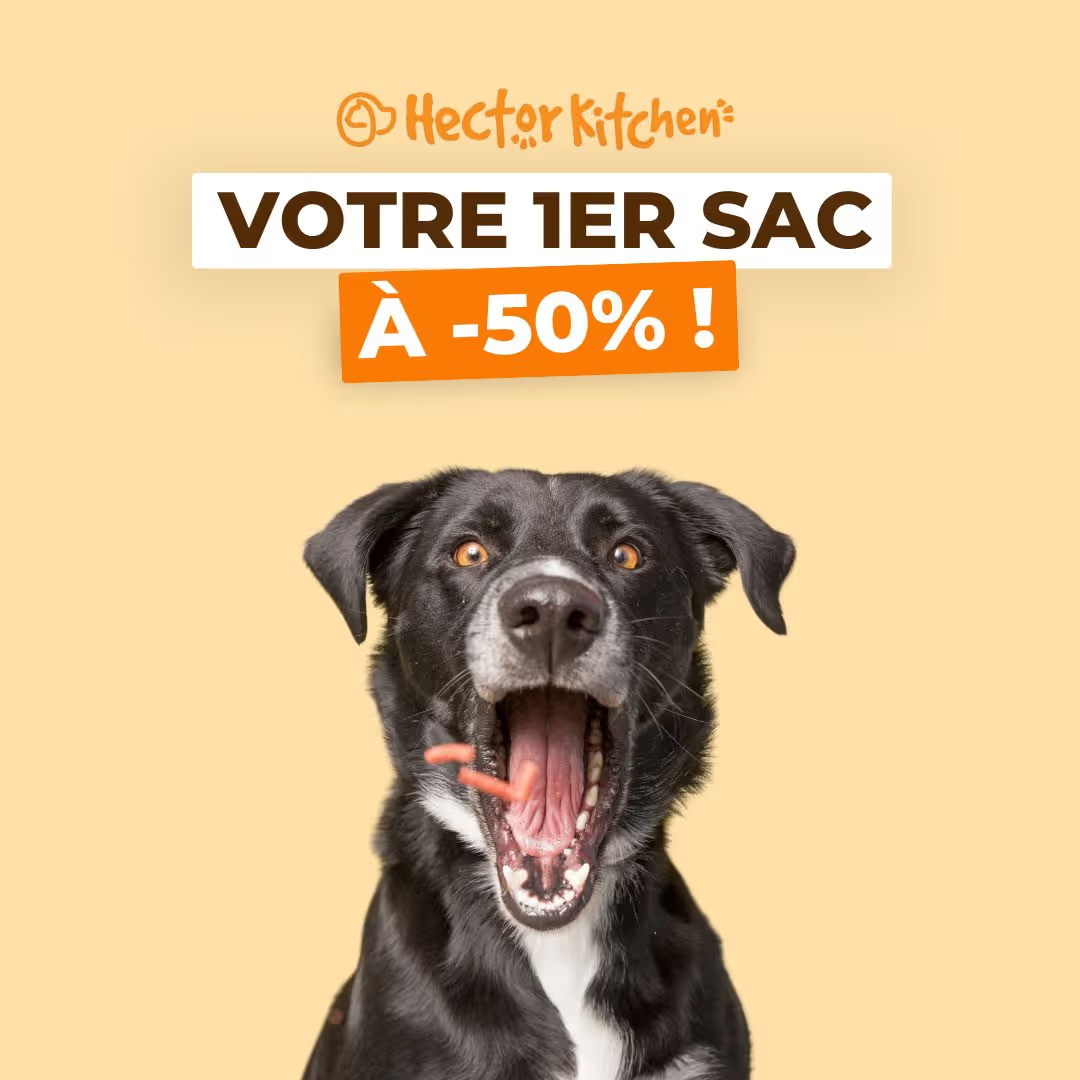
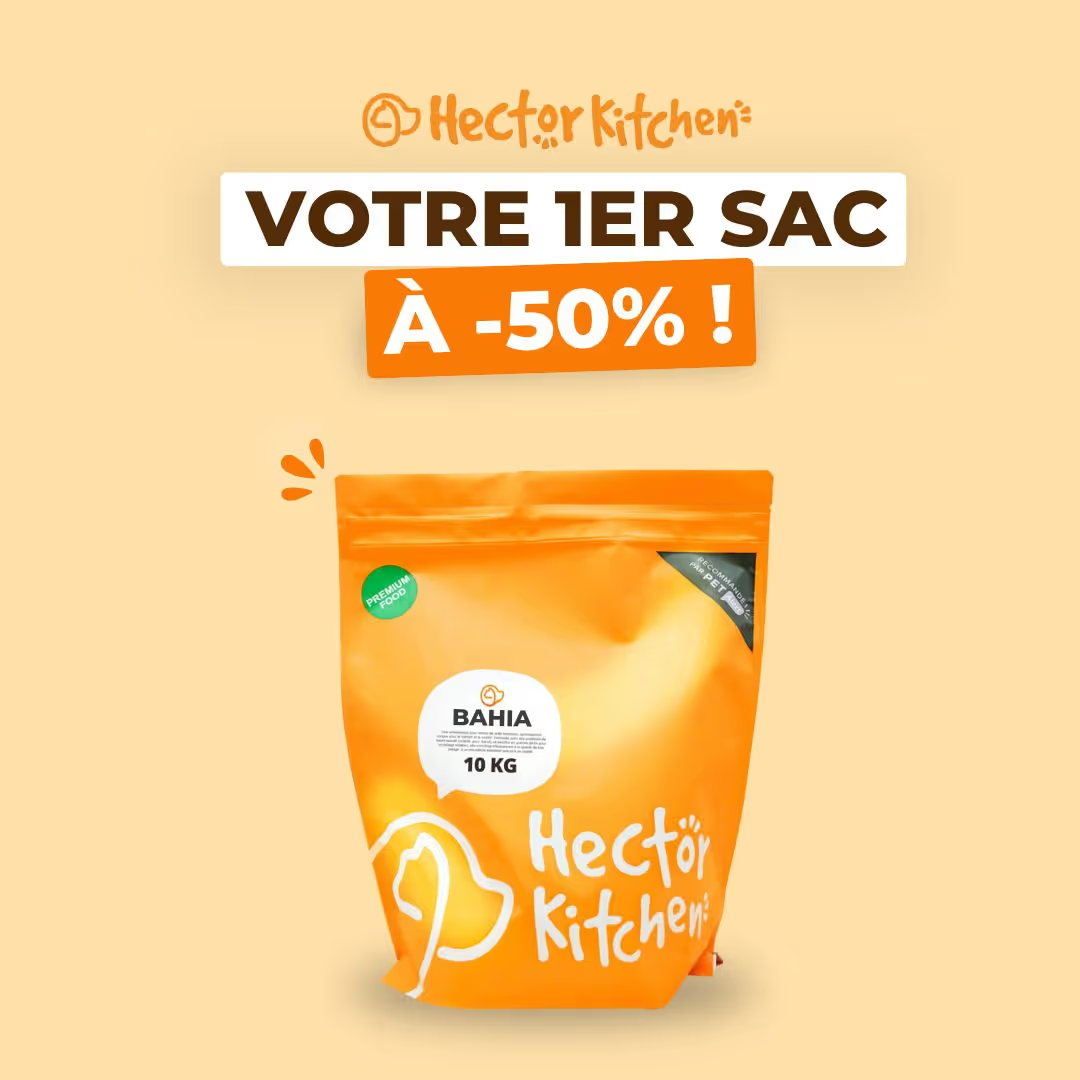




.avif)
.avif)
.avif)
.avif)
.avif)
.avif)
.avif)
.avif)
.avif)
.avif)
.avif)

.avif)
.avif)
.avif)
.avif)
.avif)
.avif)
.avif)
.avif)
.avif)
.avif)
.avif)
.avif)

.webp)
.webp)
.webp)
.webp)
.webp)
.webp)
.jpg)

